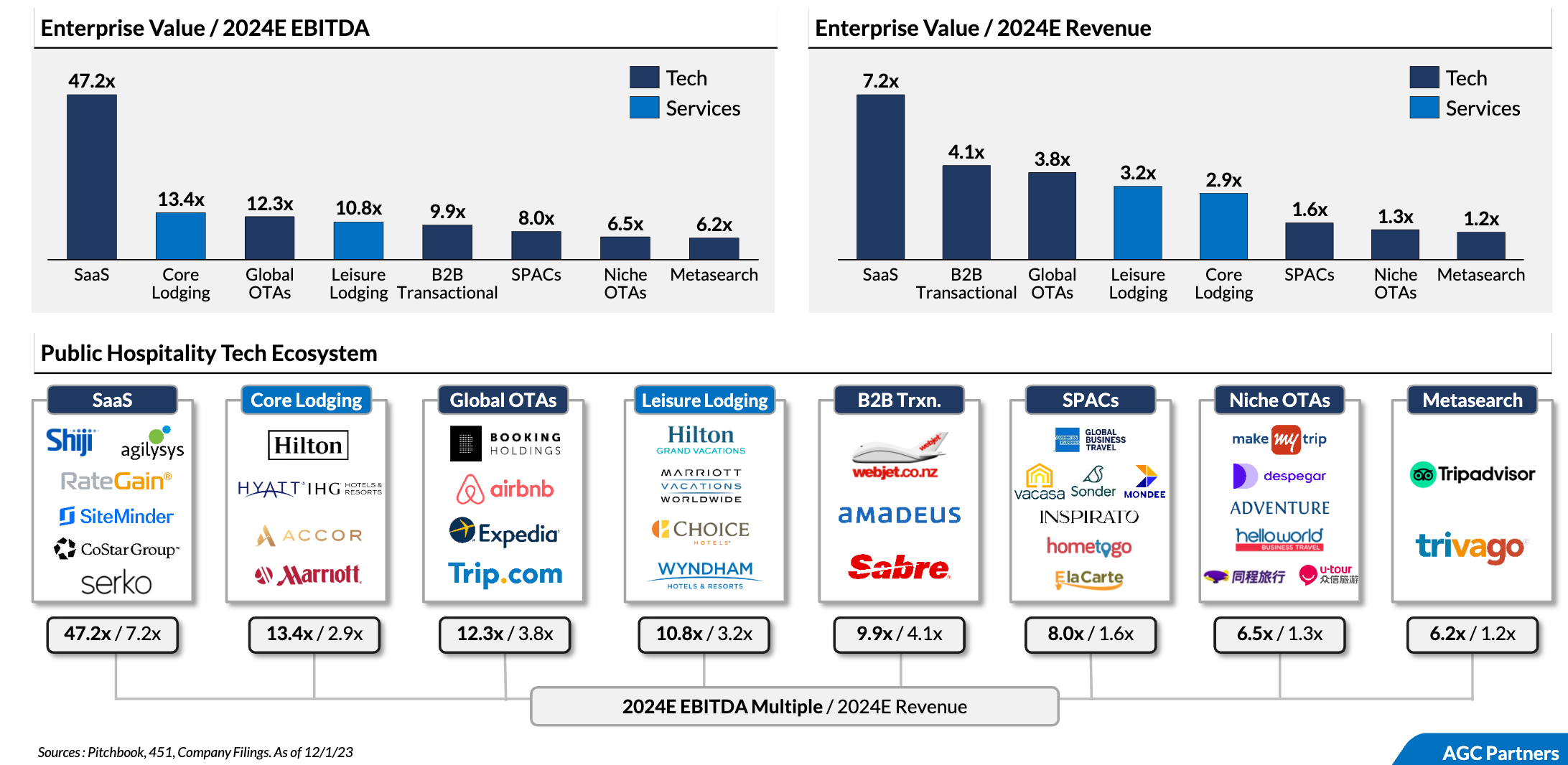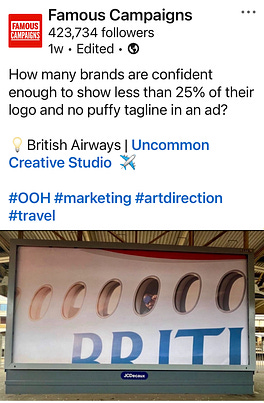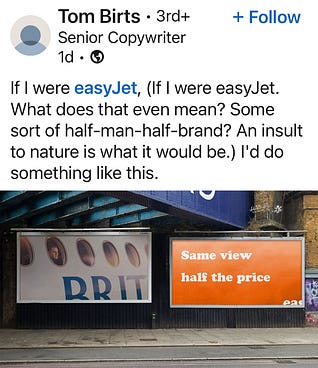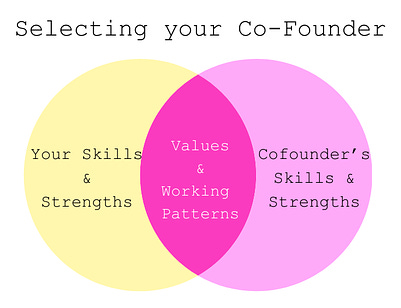Several shifts are reshaping travel, driven by human ingenuity and amplified by the transformative power of AI. This edition highlights a few stories that capture these shifts. I hope you enjoy it. And read until the end because I am introducing a new section that I think you’ll like :) Thanks to Vio for sponsoring this newsletter
0. The most clicked link in the previous newsletterThe most clicked link in Travel Tech Essentialist #140 was the video of the plane landing at Sion Airport in the middle of the Swiss Alps. 1. Not all revenue and EBITDA are created equalInvestors in the public markets assign significantly different valuations to travel subcategories. At the top of the spectrum, SaaS companies within the hospitality sector enjoy EBITDA multiples that are 7.6 times higher and revenue multiples that are 6 times greater than those of Metasearch companies, which find themselves at the lower end of the valuation spectrum. 2. Sam Altman: AI will replace 95% of creative marketing workSam Altman, founder/CEO of OpenAI, anticipates that within the next five years, artificial general intelligence (AGI) will automate 95% of the tasks currently managed by marketing agencies, strategists, and creatives, reshaping marketing by significantly enhancing efficiency at virtually no cost. This CMSWire article explores the integration of generative AI into marketing tasks, already underway, and points out the set of challenges that AGI could face as it becomes more profoundly integrated in marketing. 3. Airline CreativityThere is hope for us humans. Here are a couple of examples of creative marketing powered by intelligence that is not yet artificial. As far as I know :-) This British Airways ad has been acclaimed for its bold decision to forgo traditional elements like logos, taglines, and URLs. The brand itself is partially visible. I thought this idea was even more creative and bold though :-) 4. Madrona’s vision to transform corporate travelSteve Singh, founder and former CEO of Concur and current partner at Madrona, wrote a post about how Madrona's strategic investments in Spotnana, Troop, and Center are laying the groundwork for a new travel stack aimed at revolutionizing the $1.4 trillion corporate travel industry. Singh sees the recent acquisition of Direct Travel (where he now serves as executive chairman) as the fourth pillar in realizing their vision for a new travel technology stack for corporate travel. This initiative seeks to overcome prevailing industry challenges, including fragmentation, outdated systems, and a lack of personalization, promising a shift toward innovation and efficiency in corporate travel experiences. 5. Start with small marketsDuring a 2014 talk at Stanford (moderated by Sam Altman), Peter Thiel shared a piece of advice that challenges the startup norm of targeting large markets:
Thiel explains that if it was all about going after large markets, you could conclude that the restaurant industry is a fantastic business to get into because of its trillion-dollar market size. He points out the fallacy in this thinking, noting that large existing markets typically mean you have tons of competition, so it's very hard to differentiate. He believes that going after a giant market on day one is a mistake, and it is generally a sign that you somehow haven't defined your category correctly. Thiel advises learning from almost all successful companies in Silicon Valley, which start with small markets and expand from there. Amazon started with books, eBay with Pez dispensers, PayPal with power-sellers on eBay, and Facebook with Stanford. Video, Slides, and if you prefer the text version, here’s the PDF. 6. Viewing the solar eclipse through an occupancy lensOn Monday April 7, a total eclipse made its grand entrance along Mexico's Pacific Coast, and travelled across a path from Texas to Maine and into Canada. About 31.6 million people live in the “path of totality”, the area where the moon fully blocked out the sun. This event also captured the interest of millions more who wanted to experience the eclipse, as can be seen in this data-visualization created by AirDNA, showing sky-high occupancy rates for April 7th within the eclipse's path of totality.
7. Nubank enters travelNubank, Brazil's FinTech giant and one of the largest digital banks globally with 90 million customers, partnered with Wise, a UK-based company specializing in international money transfers, to introduce a global account and international debit card for travelers. Announced yesterday, Ultravioleta customers of Nubank can now sign up for this service, set to launch in the coming weeks. In his latest newsletter, Linas Beliūnas describes the partnership as a match made in heaven. The partnership offers benefits tailored for international travelers, including the lowest conversion rates in the segment, making spending abroad up to 9% less expensive than traditional credit cards. Users will also benefit from no account maintenance fees, two complimentary foreign ATM withdrawals monthly, free international travel insurance, and 10GB of roaming data for 30 days across over 40 countries with a virtual SIM card (eSIM) that can be activated once a year. For further details, here is Nubank’s official announcement and here is Linas Beliunas’ newsletter. 8. The company-building cornerstones that founders must focus onThis First Round article gives a great overview of the foundational advice that Dharmesh Shah, co-founder and CTO of HubSpot, offers to founders:
9. Listen to customers, not the expertsAccording to the enterprise software unwritten rulebook, you will fail if you:
HubSpot, launched in 2006, went public in 2014 with a valuation of over $1 billion; its market cap now stands at $34 billion. And it did so with a founding team of six MBAs, selling an all-in-one suite of products solely to SMBs. That is, breaking the three rules above. In 2016, two years after its IPO, Dharmesh (same Dharmesh as above…HubSpot cofounder and CTO) shared at the 2016 SaaStr annual conference (text, video, presentation deck) their unconventional path from Day 0 to IPO. Startups often get the advice to focus on doing one thing exceptionally well. HubSpot went in the opposite direction. After talking to potential customers, they realized that the main challenge of SMBs was not a lack of tools but rather how overwhelming it was to integrate and work with all these. This is not a challenge for large companies, but it is for SMBs, and that’s the opportunity that HubSpot captured. This insight led to creating an all-encompassing platform, offering everything from search tools and social media to SEO and analytics, designed to work together effortlessly. By design, they were not the best in any single product category. Their value proposition was that everything worked so well together that it didn’t matter if they were not in the top three in any single category. So, in essence, while we can break the rules and should go against conventional wisdom, the one rule most of us cannot break is to listen to our customers. As Dharmesh said in a recent conversation with Lenny Rachitsky:
10. Key forces reshaping the travel industryDeloitte’s Facing Travel’s Future report points out significant shifts in the travel industry driven by new technologies, changing traveler demographics and an increased focus on sustainability. It identifies three key areas for attention: the preferences of younger travelers and the rise of new markets, the importance of environmental sustainability, and the opportunities artificial intelligence offers for enhancing travel experiences. PS. Community PollIntroducing a fresh, interactive segment to the newsletter: the Community Poll. This is your chance to weigh in on fun, insightful, and sometimes quirky questions I’ll ask in each edition. The longevity of this new section is up to you. If you participate and like it, it stays. Otherwise, it’ll die a quick death dictated by the wisdom of the crowd. And if you have ideas of questions you’d like me to ask, please send them over. Let's kick things off with this issue’s question. As advancements in robotics and AI continue to accelerate, it's becoming increasingly likely that in the near future (2-5 years), personal helper humanoid robots will become an integral part of our daily lives. With this exciting future just around the corner, I’m curious:
Are you fundraising?If you are a startup looking to raise a round (from pre-seed to Series D), I can help (for free). Travel Investor Network is a private platform where I recommend innovative travel startups to investors and innovators. If you’re interested, please start by completing this form. Travel Tech Essentialist Job BoardExplore the 1324 open positions on Travel Tech Essentialist’s curated Job Board and stay ahead of the curve by subscribing to job alerts. Some of the jobs on the board:
→ Join the Talent Network. Hiring companies sometimes ask me to help them find the best talent. If you want me to have you on my radar to introduce you to the right opportunities, join the new Talent Network (it takes 3 minutes). → If you're contemplating a career move, simply curious, or an HR professional seeking job insights, subscribe to my Travel Tech Jobs newsletter. If you like Travel Tech Essentialist, please consider sharing it with your friends or colleagues. If you’re not yet subscribed, you can do so here: And, as always, thanks for trusting me with your inbox. Mauricio Prieto |
martes, 9 de abril de 2024
Travel Tech Essentialist #141: Shifts
Travel Tech Essentialist recommended Dealflow.es Newsletter
Travel Tech Essentialist recommended Dealflow.es Newsletter
© 2024 Substack Inc. |
Suscribirse a:
Comentarios (Atom)









